2025's Best Seborrhea Dog Shampoo: A Solution for Itchy Skin
Is your dog constantly scratching, has oily or flaky skin, and perhaps even a foul odor? These are common signs of seborrhea, a condition that affects many dogs and can cause discomfort and skin irritation. If left untreated, seborrhea can lead to infections, hair loss, and persistent itching. Fortunately, with the right seborrhea dog shampoo, you can manage these symptoms, soothe your dog's skin, and prevent further complications. This guide will help you understand seborrhea, how to treat it effectively, and how to choose the best shampoo for your dog’s skin health.
What is Dog Seborrhea?
Dog seborrhea is a common skin condition that results in oily, flaky, or scaly skin. It can cause itching, redness, and sometimes a foul odor. The condition can be either primary or secondary.
Types of Seborrhea
There are two main types of seborrhea in dogs:
Primary Seborrhea: This is a hereditary condition that typically affects younger dogs and is often linked to certain breeds.
Secondary Seborrhea: This type is usually caused by underlying health issues like allergies, infections, or hormonal imbalances.
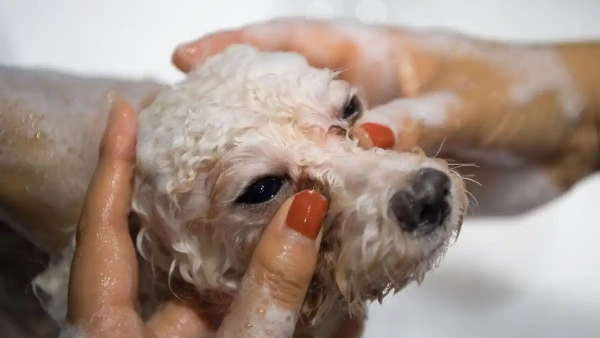
Symptoms of Seborrhea
Common signs of seborrhea in dogs include:
Excessive scratching and licking
Oily or greasy skin
Flaky or scaly skin
Foul odor
Hair loss in severe cases
Causes of Seborrhea in Dogs
Several factors can contribute to seborrhea in dogs, including:
Genetics (in the case of primary seborrhea)
Allergies (to food, fleas, or environmental factors)
Infections (bacterial or fungal)
Hormonal imbalances (such as hypothyroidism)
Environmental irritants and poor grooming
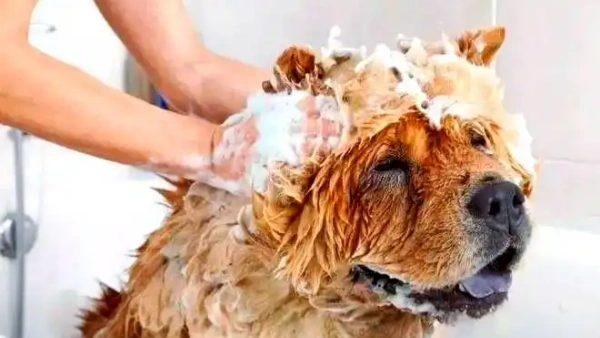
What Does Seborrhea Look Like?
When seborrhea affects a dog, it typically appears as oily or greasy patches on the skin, often accompanied by scaly or flaky areas. The skin may be red and inflamed, and in some cases, a foul odor may emanate from the skin.
How Do Veterinarians Diagnose Seborrhea?
A veterinarian will diagnose seborrhea through a physical examination of your dog's skin, along with a detailed medical history. Additional tests, like skin scrapings or cultures, may be required to rule out underlying causes like infections or allergies.
Treating Seborrhea in Dogs
Treatment for seborrhea typically involves addressing the underlying cause and using topical treatments like medicated shampoos. The best treatment plan may include:
Regular bathing with medicated shampoos
Antibiotics or antifungal treatments (if infections are present)
Dietary changes or supplements (for allergies or nutritional deficiencies)
Hormonal treatments (if a hormonal imbalance is the cause)
Does Seborrhea Dog Shampoo Work?
Yes, medicated shampoos are one of the most effective ways to manage seborrhea. They help to remove excess oils, soothe the skin, and reduce inflammation. Look for shampoos with active ingredients like sulfur, salicylic acid, or benzoyl peroxide to effectively treat seborrhea.
How Often Should You Bathe a Dog with Seborrhea?
The frequency of baths will depend on the severity of your dog's condition. Typically, dogs with seborrhea should be bathed once or twice a week with a medicated shampoo. However, always follow your veterinarian’s recommendations for the best results.
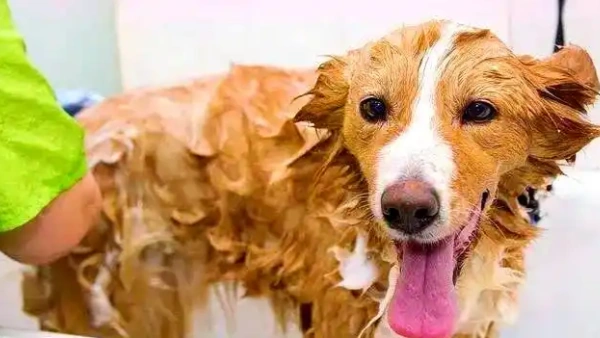
Everything Our Vets Recommend
Preventing Seborrhea in Dogs
While seborrhea may not be entirely preventable, you can reduce the risk by maintaining a healthy lifestyle for your dog, including:
Feeding a balanced, high-quality diet
Regular grooming and bathing
Managing allergies and infections promptly
Ensuring proper veterinary care and regular checkups
Seborrhea Dog Shampoo FAQs
What is the best shampoo for dogs with seborrhea?
The best seborrhea dog shampoo should contain ingredients like sulfur, salicylic acid, or benzoyl peroxide. These ingredients help to treat the symptoms of seborrhea by removing excess oils and soothing the skin.
How often should I use seborrhea dog shampoo?
For most dogs with seborrhea, using a medicated shampoo once or twice a week is effective. However, consult your veterinarian to determine the ideal frequency based on your dog's specific needs.
Can I use a regular dog shampoo for seborrhea?
Regular dog shampoos are not effective for treating seborrhea. Medicated shampoos with specific active ingredients designed to treat seborrhea are necessary for managing the condition.
Managing seborrhea in dogs requires a combination of appropriate shampooing, regular grooming, and, when necessary, medication. By choosing the right seborrhea dog shampoo and following your vet’s advice, you can significantly improve your dog’s skin health and comfort. Regular care and attention will help your dog live a happier, healthier life with less irritation and discomfort.
You May Like:
- Best Dog Shampoo for Itching? What Most Owners Get Wrong
- 2025’s Best Flea and Tick Shampoo for Dogs – New Formulas
- Best Flea Shampoo for Dogs: Fast-Acting Solutions
- 2025’s Best Ways: How to Treat Dry Skin on Dogs Fast
User Comments
Does flea treatment kill ear mites too?
Can dogs take human probiotics?
Can dogs have people probiotics safely?
Related Articles
View all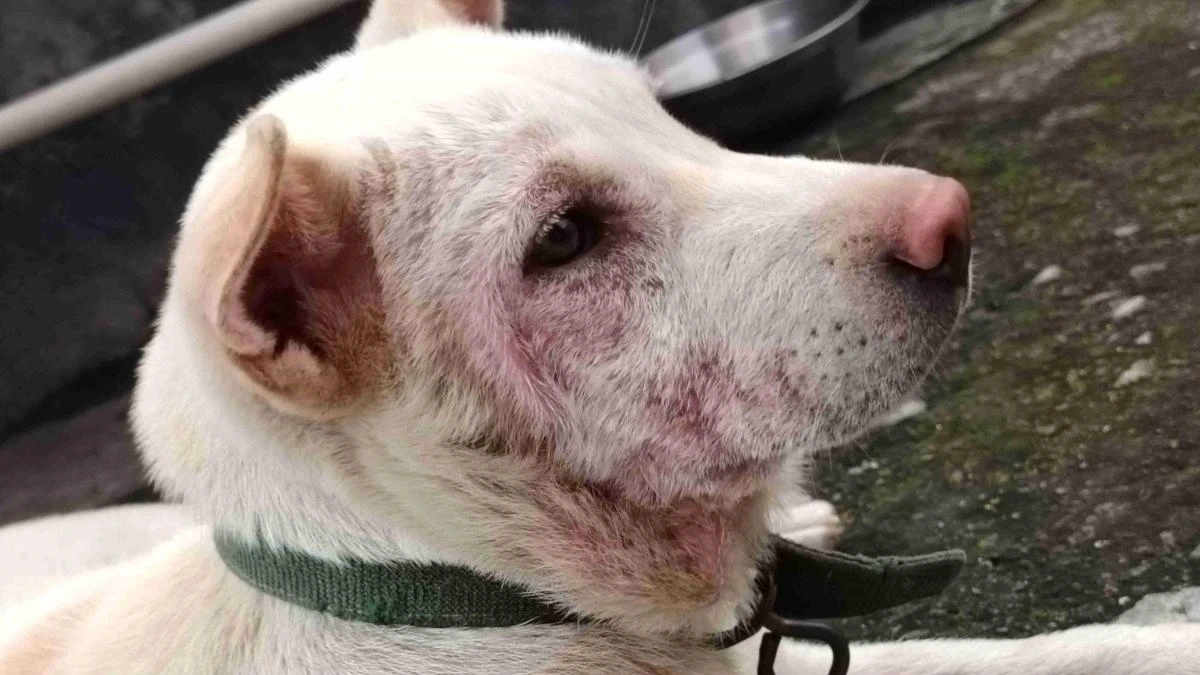
How to Get Rid of Dog Allergies Naturally: Common Mistakes

Dog Allergic Reaction Eye Swelling: Hidden Mistakes to Avoid
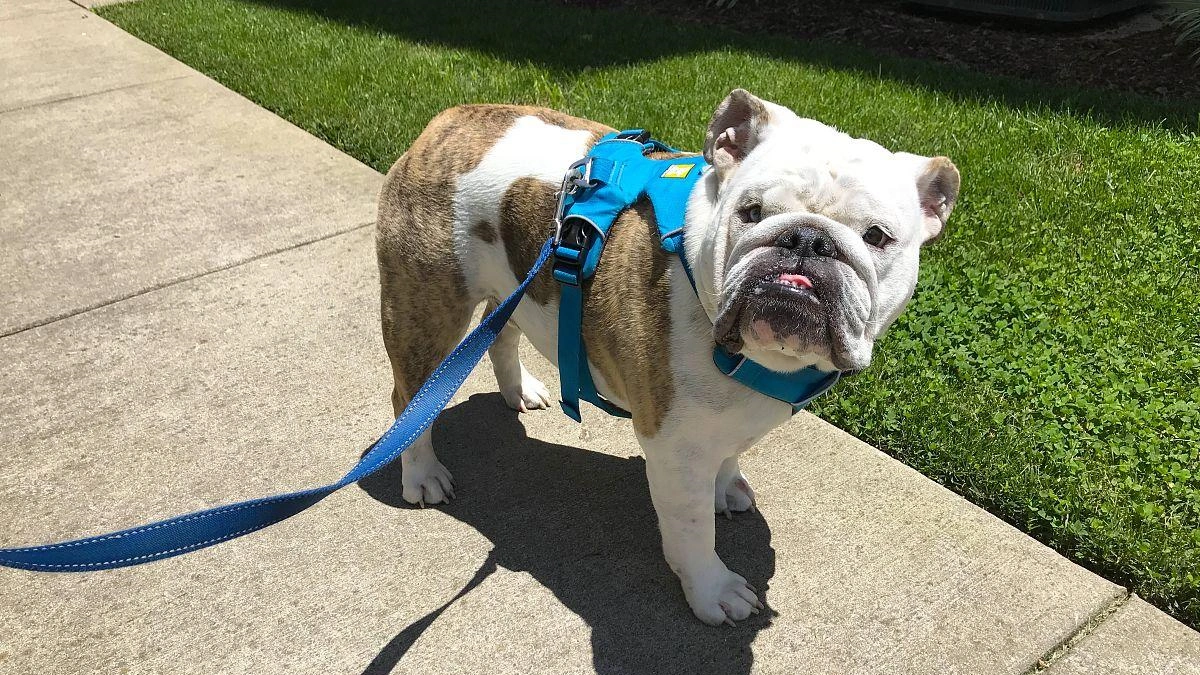
Why Do Bulldogs Scratch? Bulldog Skin Allergies Guide
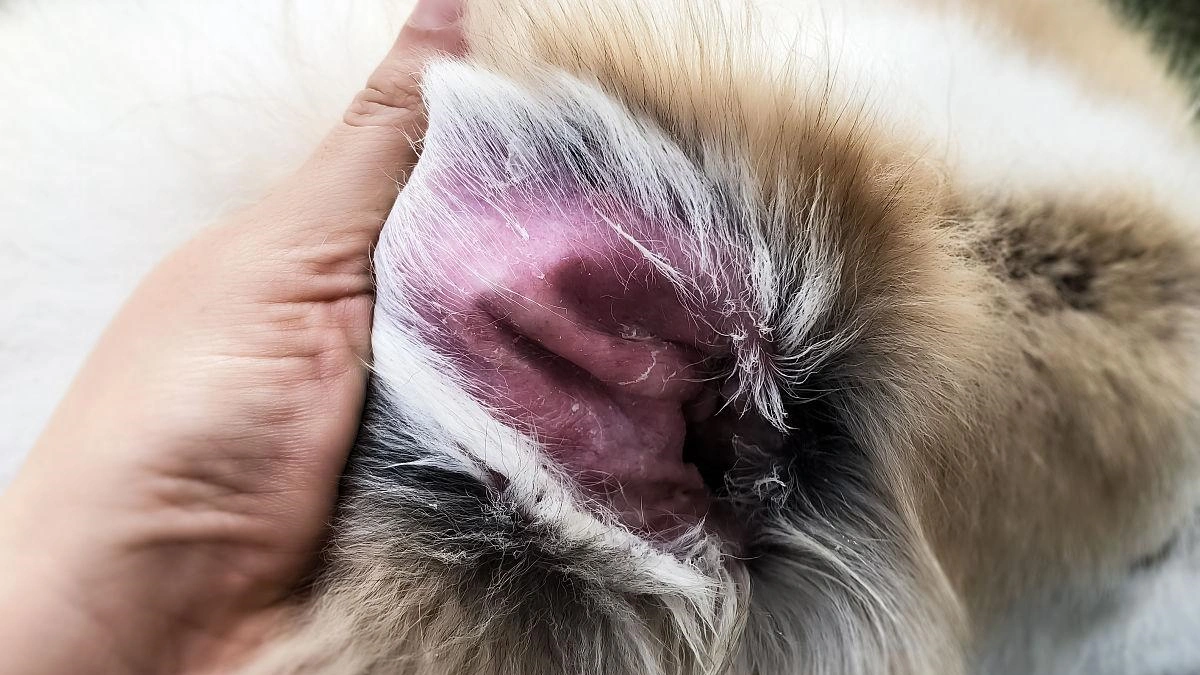
Cure for Dog Skin Allergies Owners Often Miss

How to Get Rid of Dog Allergies Naturally: Common Mistakes

Dog Allergic Reaction Eye Swelling: Hidden Mistakes to Avoid

Why Do Bulldogs Scratch? Bulldog Skin Allergies Guide

Cure for Dog Skin Allergies Owners Often Miss
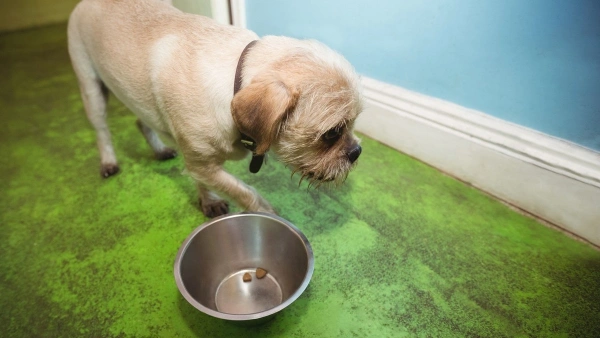
Vet-Recommended Wet Dog Food for Sensitive Stomachs — 2025 Guide

Dog Dust Mite Allergy: Symptoms, Treatment, Prevention

Can Allergies in Dogs Cause Diarrhea and Vomiting? Explained
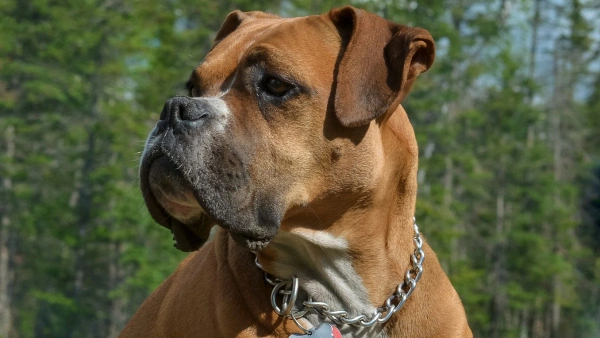
10 Pitbull Health Problems You Should Know in 2025 — Tips
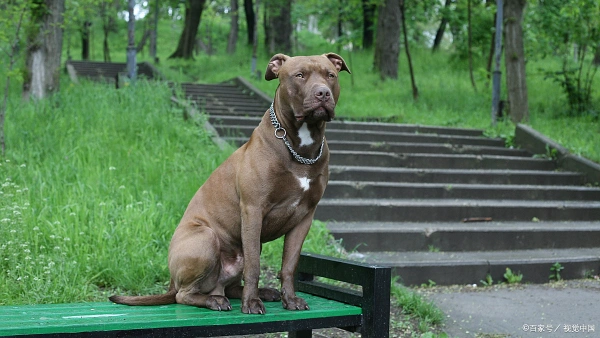

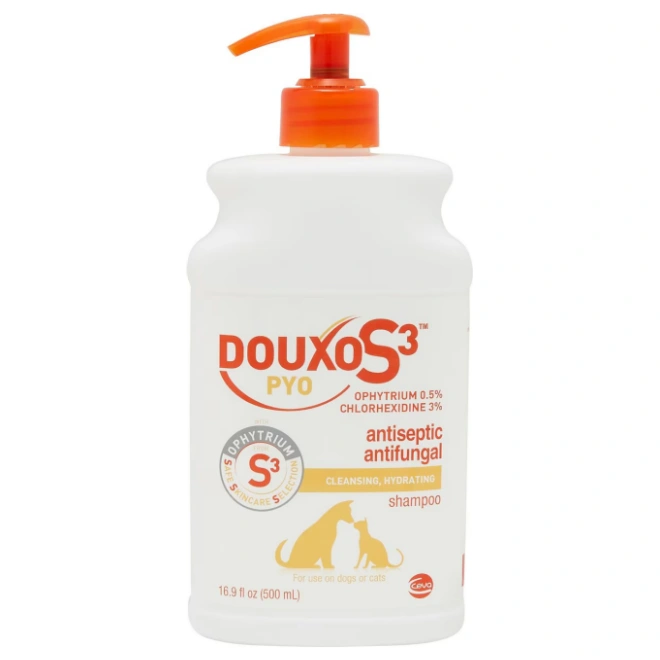
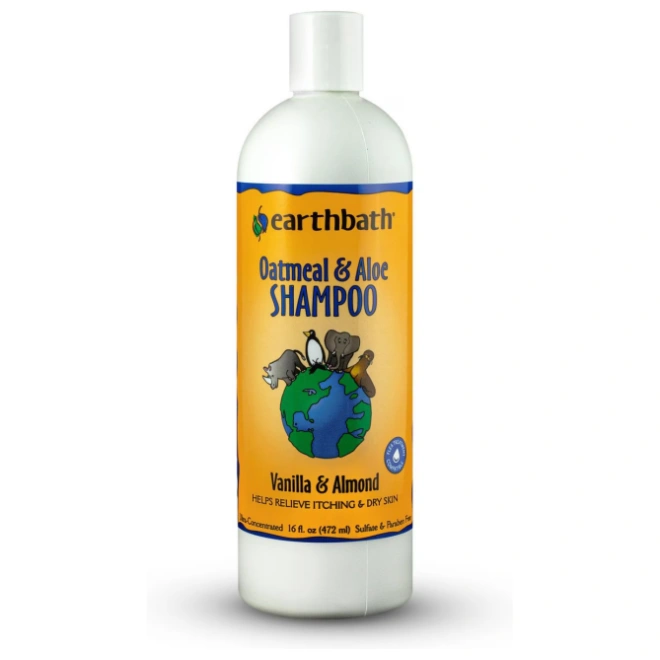
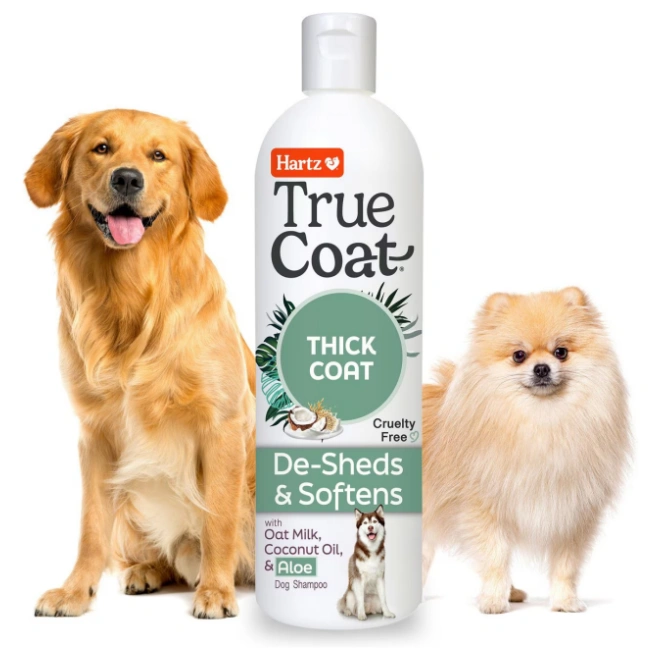
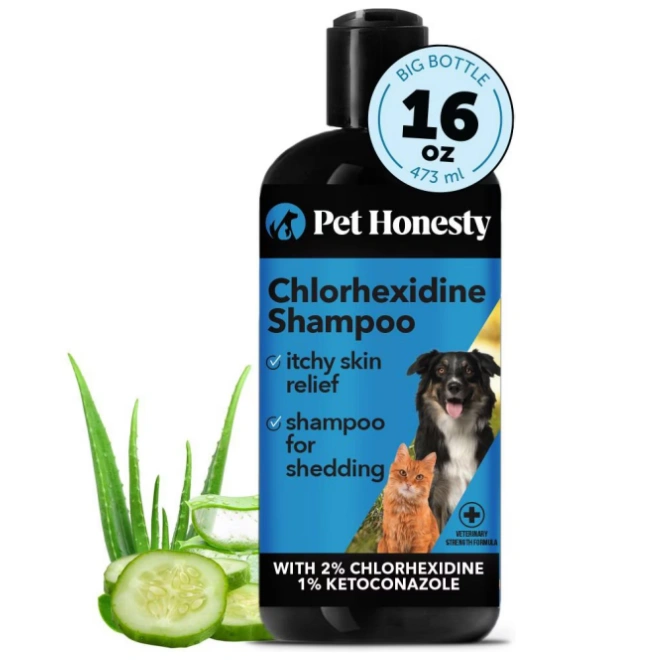








Leave a Reply